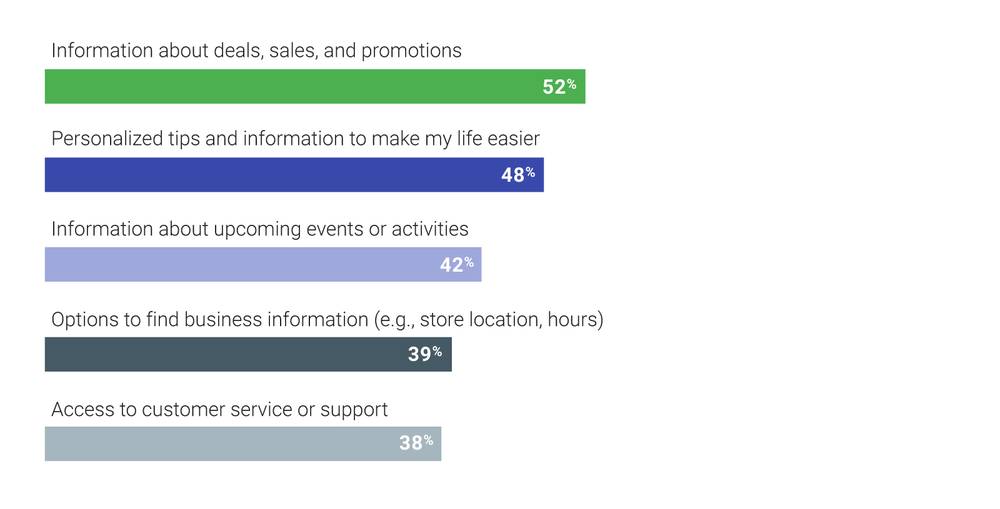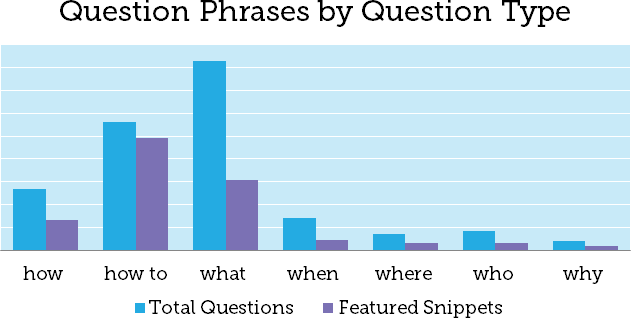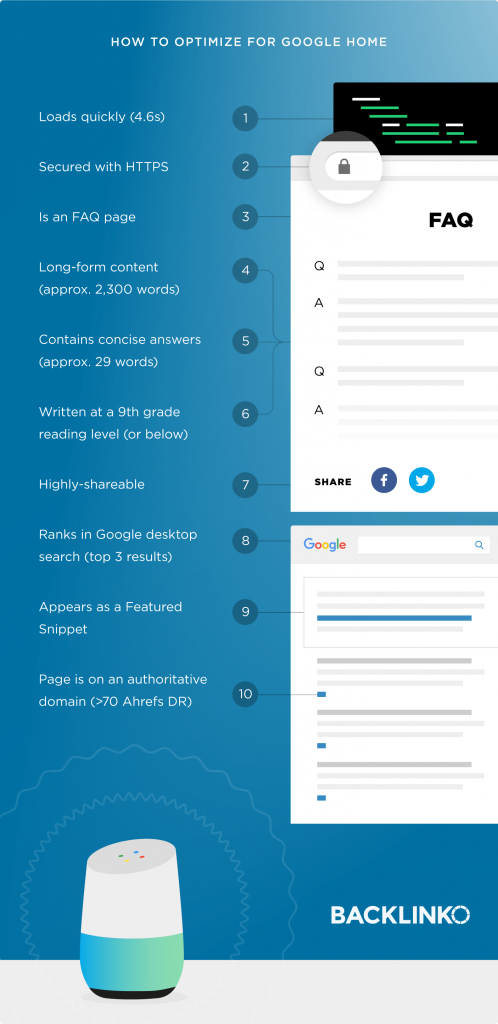Voice search SEO is the hot new trend in website optimization. The craze started in 2017, and it is still going strong. Voice recognition from Google already has an accuracy of 95%, and in China, the speech recognition system from iFlytek has an accuracy rate of 98%.
Because it is a relatively new SEO field, it still leaves room for trial and error. Nevertheless, basic optimization techniques to address the needs of users who rely on voice commands for their searches can already make an impact on the way your website ranks in voice SERPs.
In 2017, there were already 33 million voice-first devices in circulation per Alpine.AI, and comScore predicted that 50% of all searches would be voice searches by 2020. In fact, in 2016, 20% of all mobile queries were already voice searches according to Google.
Voice Search Advantages
There are many reasons why voice search gains popularity, and, as Think with Google summarizes them, here are the main ones:
- Voice search allows users to multi-task, getting answers and information without needing to type. It’s a faster way to search.
- 72% of people who own a voice-activated speaker use their devices as part of a daily routine, getting more done with less friction.
- 62% of those who regularly use a voice-activated speaker say they are likely to buy something through their voice-activated speaker in the next month.
- People are engaging with their voice-activated speakers as if they were human.
- Voice-activated speakers welcome brands as part of the experience and consumers want the information from brands when they use voice search.

Voice Search SEO
About 70% of requests to the Google Assistant are in natural language, not the typical keywords people type in a web search. O
What Is Natural Language?
By definition, natural language is a language that has developed naturally in use (as contrasted with an artificial language or computer code).
In essence, all language varieties of world languages are natural languages and to focus your SEO efforts on natural language means to phrase your texts just as you would if you were talking to an actual person.
Google already has a contextual, semantic search-based algorithm in place. It’s called Hummingbird, and it affects 90% of all searches, determining user intent instead of delivering results based on keyword strings.
To optimize your content for the natural language you need to diversify your strategies and produce the type of texts your site visitors want to read. Long-form content – about 1200 words or more – delivers exceptional results, ranking well in the SERPs. Backlinko found the average word count of a Google voice search results page to be 2,312 words. However, news-friendly texts of 500-800 words are easier to digest and can prove more effective in delivering your message.
The best way to optimize for voice search and natural language is by writing content that answers a question concretely. For example, Where are the cheapest places to live in the US?, What states have the cheapest houses? and similar questions your potential buyers may be asking when searching for property to buy or rent.
If you are not sure which are the right questions, use a tool like Answerthepublic.com to find what people usually ask on this topic. For example, for real

Analyzing 1000 voice searches, MOZ found that the words most strongly associated with voice search queries are how, how to, what, when, where, who, and why.

Design your content around such questions and make your answers clear and relevant. It’s evident that you should be using industry-appropriate terms but don’t overdo it. Sometimes, jargon can alienate readers who are less familiar with your line of work.
Break your content into easy to follow paragraphs and use lists to summarize your main points. A study by Backlinko revealed that Google prefers short, concise answers to voice search queries. The typical voice search result is only 29 words in length. Texts
Schema.org Structured Data for Voice Search
Implementing structured data is another effective way to optimize for voice search. Google ntroduce “speakable” schema to mark Web pages that are appropriate for text-to-speech conversion.
Although launched in July 2018, speakable is still pending, only available to eligible publishers. Currently, it works for users in the U.S. that have Google Home devices set to English, and publishers that publish content in English.
It may be a new feature, but if you post news, it can be a good idea to check if you are eligible and implement speakable structured data to your website.
Location, Location!
Mobile searches are usually location-based.
- 82% of smartphone users consult their phones while in a store deciding what to buy.
- 82% of smartphone users use a search engine when looking for a local business.
Use location schema markup and location-based SEO to help your site rank well in local results. Create a Google My Business account, be consistent when providing NAP information (business Name, Address, Phone Number), and create useful location-specific content.
Site-speed Matters
If your website loads slowly, it could affect your rankings in the SERPs, on both desktop and voice search. It is official that page speed is a factor in Google mobile search ranking.

In fact, Backlinko found that voice search results tend to load significantly faster than most web pages. Although it is not confirmed by Google, the search engine may be using PageSpeed as a key ranking signal for voice search result pages. The average voice search result page loads in 4.6 seconds according to Backloinko.
HTTPS Is a Ranking Factor
70.4% of Google voice search result pages are secured with HTTPS compared to only 50% of Google desktop results.
In fact, HTTPS has been a ranking signal since 2014. Despite official recommendations from Google, many webmasters still fail to implement strong HTTPS encryption.
According to the anatomy of a page optimized for Google Home (voice search), the most important factors are speed, HTTPS encryption, FAQ-type of long-form content with concise answers and easy-to-read texts. These are the main things to consider when you optimize your real estate website for voice search.
